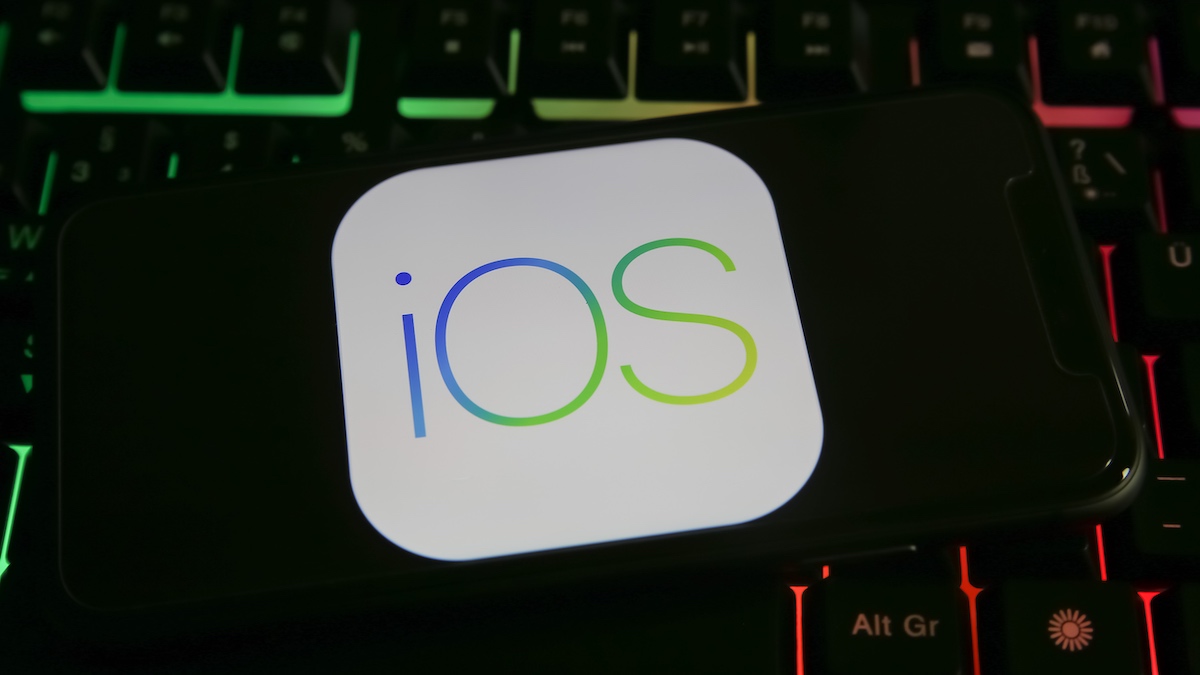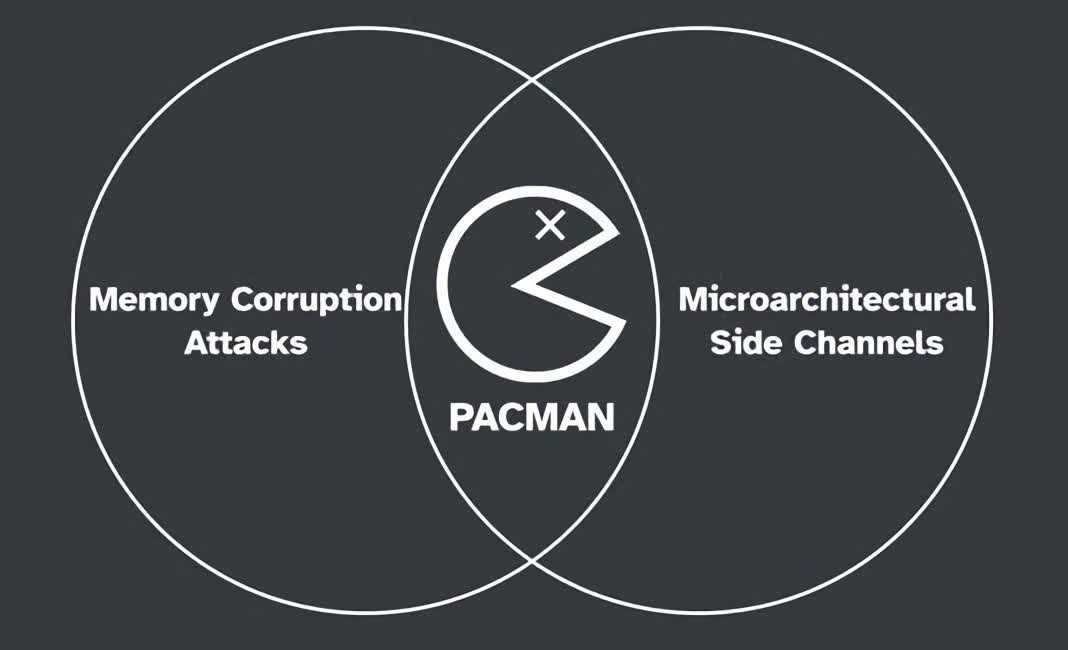Apple Ships Urgent iOS Patch for Newly Exploited Zero-Days
Apple on Friday pushed out a major iOS security update to fix a pair of zero-day vulnerabilities already being exploited in the wild.
The newest iOS 16.4.1 and iPadOS 16.4.1 updates cover code execution software flaws in IOSurfaceAccelerator and WebKit, suggesting a complex exploit chain was detected in the wild hitting the latest iPhone devices.
“Apple is aware of a report that this issue may have been actively exploited,” Cupertino says in a barebones advisory that credits Google and Amnesty International with reporting the issue.
The advisory documents two separate issues — CVE-2023-28205 and CVE-2023-28206 — that expose iPhones and iPads to arbitrary code execution attacks.
Apple described the IOSurfaceAccelerator flaw as an out-of-bounds write issue that was addressed with improved input validation.
The WebKit bug, which has already been exploited via web content to execute arbitrary code with kernel privileges, has been fixed with improved memory management.
The company did not say if the newly discovered exploits are capable of bypassing the Lockdown Mode feature that Apple shipped to deter these types of attacks.
The iOS patch comes alongside news from Google that commercial spyware vendors are burning through zero-days to infect mobile devices with surveillance malware.
In one of the two campaigns described by Google this week, an attack started with a link being sent to the targeted user via SMS. When clicked, the link took the victim to malicious websites delivering Android or iOS exploits — depending on the target’s device. Once the exploits were delivered, victims were redirected to legitimate websites, likely in an effort to avoid raising suspicion.
The iOS exploit chain also hit a WebKit vulnerability (CVE-2022-42856) that Apple patched in iPhones in December 2022. Attacks also involved a Pointer Authentication (PAC) bypass technique, and an exploit for CVE-2021-30900, a sandbox escape and privilege escalation vulnerability that Apple patched in iOS in 2021.
So far this year, there have been at least 24 documented zero-day vulnerabilities exploited in the wild prior to discovery.
Related: Apple Adds ‘Lockdown Mode’ to Thwart .Gov Mercenary…




